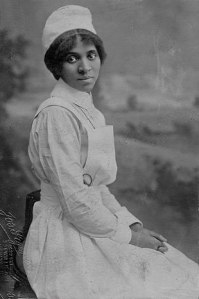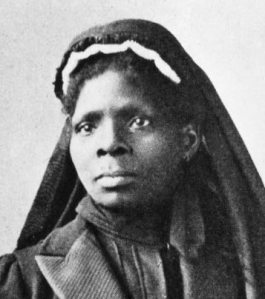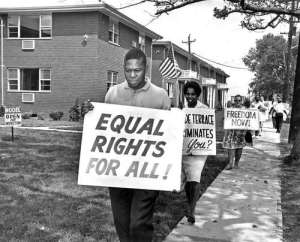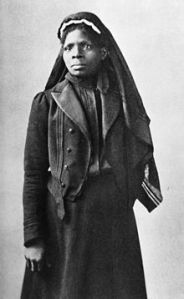Susie King Taylor, who was also was known as Susan Baker was born into slavery at a young age. Susie King Taylor was born in Grest Plabtation in Liberty County, Georgia on August 6th, 1848. Out of nine siblings, Mrs. Susie Taylor was the eldest of them all. At the age of eleven, Susie Taylor’s owner allowed her to move in with her grandmother in Savannah, Georgia. During the Civil War, Mrs. Taylor was the very first African American Army nurse. She helped work with an all black army troop that was called the United States Colored troops (33rd regiment). This is where she met her husband, Edward King who also served four years during the Civil War. Even though Susie Taylor worked hard, she was not paid for her service. Besides being a nurse, Susie Taylor worked as a teacher as well. She was extremely smart to be a slave, she could read and write really good. she made sure she spread the knowledge that she learned and taught them to free blacks and other slaves. Mrs. Taylor served as a nurse for the Civil War up until 1865.
Susie King Taylor wrote a book about her life. Her book tells her experiences as an African American nurse during the American Civil War. The book is the only one, ever written, that tells what it was like to be an African American nurse during the Civil War! The title of the book is Reminiscences of My Life in Camp. Shortly after the war began, Taylor had to return to the plantation where she had been born, her grandmother had been arrested for singing hymns. A little later, Taylor and her uncle’s family along with other former slaves took refuge on St. Simons Island, off the coast of Georgia, where the Union Army was encamped. The Union soldiers realized that Susie was educated and they asked her to organize a school for the slave families who were there. Her school was the first publicly acknowledged freedmen’s school in Georgia. She taught about forty children during the day and a number of adults at night. Susan Baker King Taylor died in 1912 at the age of sixty-four in Boston and she is currently interred at Mount Hope Cemetery in Roslindale, Massachusetts.
http://en.wikipedia.org/wiki/Susie_Taylor






